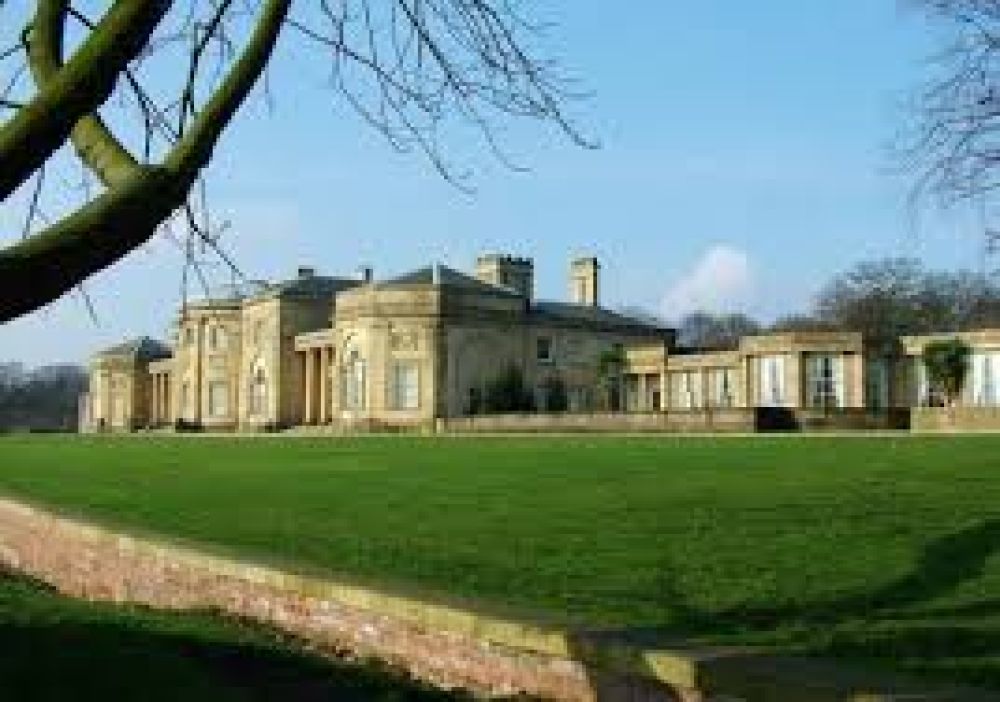

The history of tourism in Heaton Park, Manchester, is deeply intertwined with the city's cultural and societal evolution. As one of the largest municipal parks in Europe, Heaton Park has been a significant attraction for both locals and tourists alike, offering a rich tapestry of horticulture, recreation, and heritage.
Originally the estate of the Egerton family, Heaton Park was acquired by Manchester City Council in 1902, expressly for the purpose of providing a green space for the city's burgeoning population. With its imposing 18th-century neoclassical mansion, known as Heaton Hall, the park quickly drew in visitors from all over the country, eager to enjoy its landscaped gardens, lakes, and woodlands.
Throughout the early 20th century, the park expanded its offerings, adding recreational facilities such as boating lakes, a golf course, tennis courts, and a tram system, which at one point was the largest in Manchester. Events and concerts began to be held in the park, further solidifying its reputation as a major leisure destination.
Heaton Park played a role during both the First and Second World Wars, serving as a training ground for soldiers; a reminder of the park's contribution to the country's history. Post-war, a period of regeneration saw efforts to restore buildings and rejuvenate the park's natural beauty, retaining its status as a prime spot for relaxation and education.
The tourism trend at Heaton Park has seen a move towards more varied, family-friendly events. The park hosts some of the city's most popular gatherings, including fireworks displays, cultural festivals, and open-air performances. Moreover, the park continues to attract those interested in history and architecture, coming to see the fully restored Heaton Hall, once a private home, now a symbol of the city's rich heritage.
One of the latest trends includes engaging with digital technology to enhance visitor experiences. Through the use of apps and interactive guides, the historical journey of the park is brought to life, allowing for a more immersive experience.
Present-day tourism at Heaton Park also emphasizes conservation and sustainability. Initiatives to protect the park's wildlife and environment are at the forefront. The future tourism strategy for Heaton Park is likely to further embrace this ethic, seeking to educate visitors on the importance of preserving such green spaces within urban areas.
For more information about Heaton Park and upcoming events, visit the official Manchester City Council's website or contact their tourism office directly.